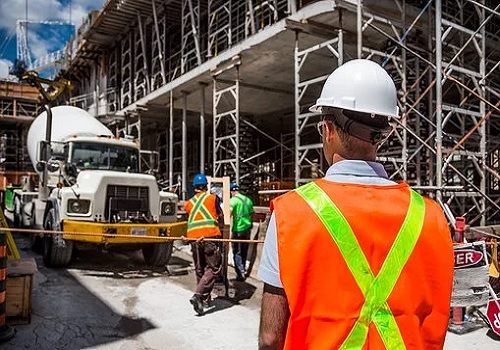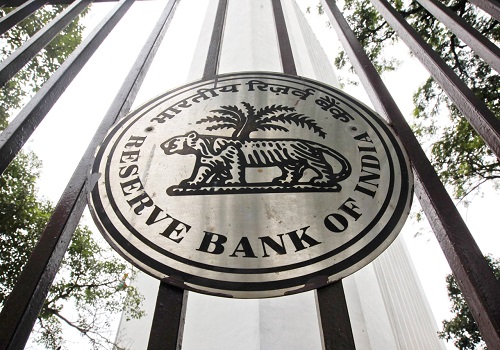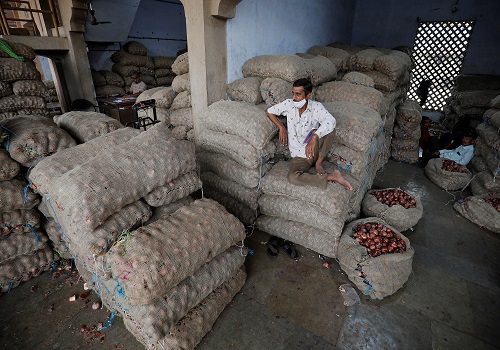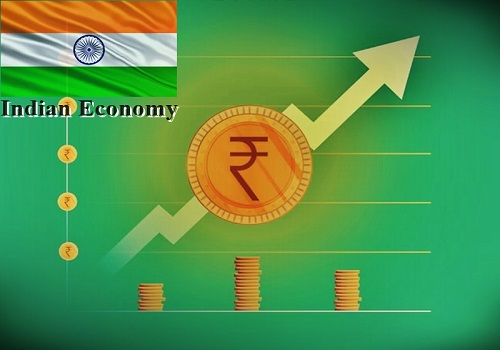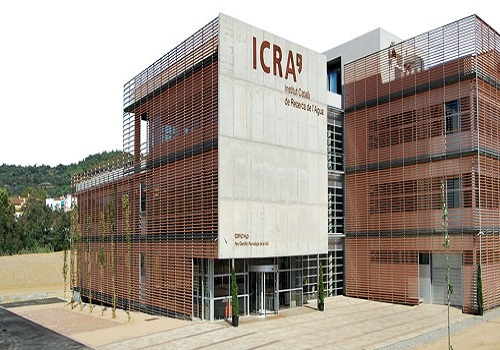RBI`s tighter regulatory risk weight to hit banks` capital adequacy by 60 bps: S&P Global Ratings

Follow us Now on Telegram ! Get daily 10 - 12 important updates on Business, Finance and Investment. Join our Telegram Channel
S&P Global Ratings has said that the Reserve Bank of India’s (RBI’s) decision to tighten norms for consumer credit by raising risk weight for unsecured personal loans is likely to hit banks' capital adequacy by 60 basis points. The move will curtail riskier bank lending to consumers and is expected to squeeze the nonbank sector in particular.
It stated the RBI increased risk weights on unsecured personal loans, credit cards, and lending to nonbank finance companies (NBFCs) by 25 percentage points. This will likely lead to higher lending rates, lower credit growth, and increase the need for capital raising among weak lenders. It added that higher risk weights will ultimately support asset quality. Further, it said these changes will not have any immediate effect on India's financial sector ratings, and this will also not affect the risk-adjusted capital ratio for the rated banks and finance companies.
S&P Global Ratings credit analyst Geeta Chugh said ‘Slower loan growth and an increased emphasis on risk management will likely support asset quality in the Indian banking system. 'However, the immediate effect will likely be higher interest rates for borrowers, slower loan growth for lenders reduced capital adequacy, and some hit on profits. We estimate that the Tier-1 capital adequacy of banks will decline by about 60 basis points. Finance companies will be worse affected as their incremental bank borrowing costs will surge, in addition to the capital adequacy impact.’












 320-x-100_uti_gold.jpg" alt="Advertisement">
320-x-100_uti_gold.jpg" alt="Advertisement">


